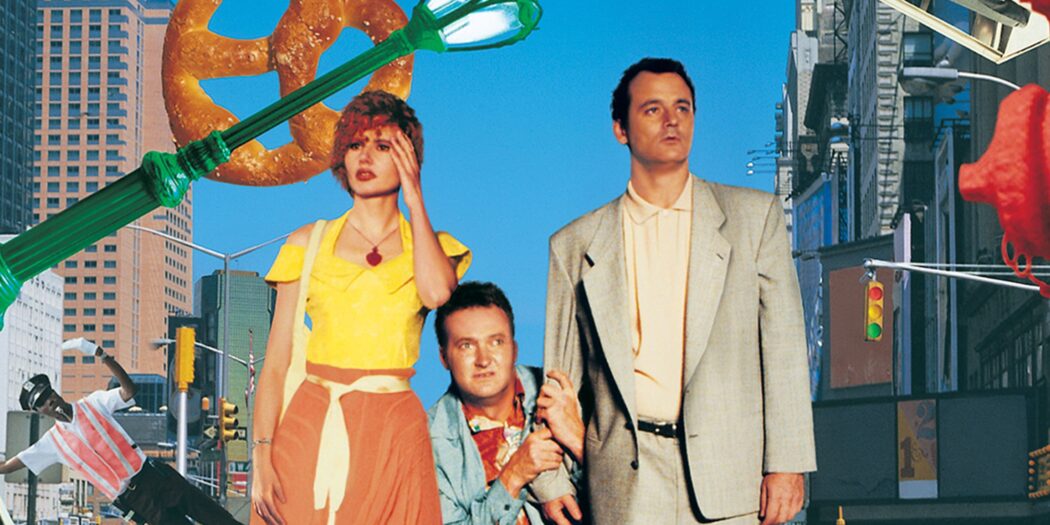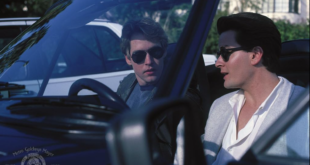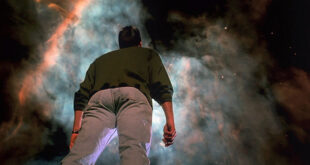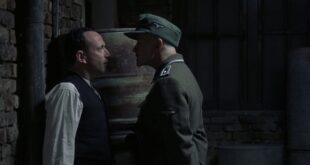“Everyone will enjoy this movie. But New Yorkers will enjoy it especially because they know how bad their city really is.” – Bill Murray
Some movies fall through the cracks without any explanation. When Quick Change came out in 1990, Bill Murray was at the height of his stardom, Geena Davis was in her prime, and Randy Quaid was coming off of Christmas Vacation. There’s no reason why this movie would go on to be a box-office bomb. It received good reviews and has even become a cult classic. However, it was released deadly in the Summer of 1990 on July 13th against Ghost, which would become a massive Academy Award-winning hit. Also, if you’ll look at the chart below of top-grossing films of July 1990, Quick Change had some stiff competition. 1989 was the rebirth of sorts of the Summer movie blockbuster with Batman, and by the Summer of 1990, blockbusters were in full force. Not only that, but every demographic is pretty much-taken care of.
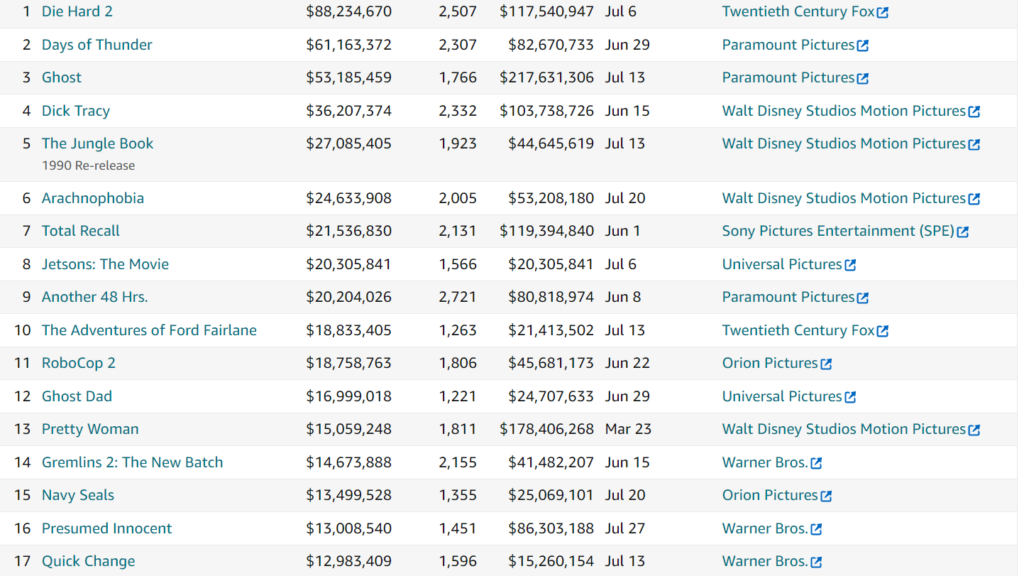
It’s a shame because Quick Change is immensely a good time. When the film opens, Bill Murray plays a clown in New York suitably called Grimm. As mentioned above, the three principled actors in 1990 were all at the top of their games, and the setup is ripe for comedy gold. “God, I hate this town.” Murray laments in one of his best performances of comic cynicism. Anyway, Grimm sets up a successful bank robbery thanks to the help of his two accomplices, his girlfriend Phyllis (Geena Davis) and best friend Loomis (Randy Quaid). So unlike most movies that would solely fixate on the heist and the planning of the theft, Quick Change gets the heist out of the way right away. It’s a grand opening with Murray infamously in clown makeup. Even if you haven’t seen Quick Change, you’ve likely seen images of Murray in the clown suit.
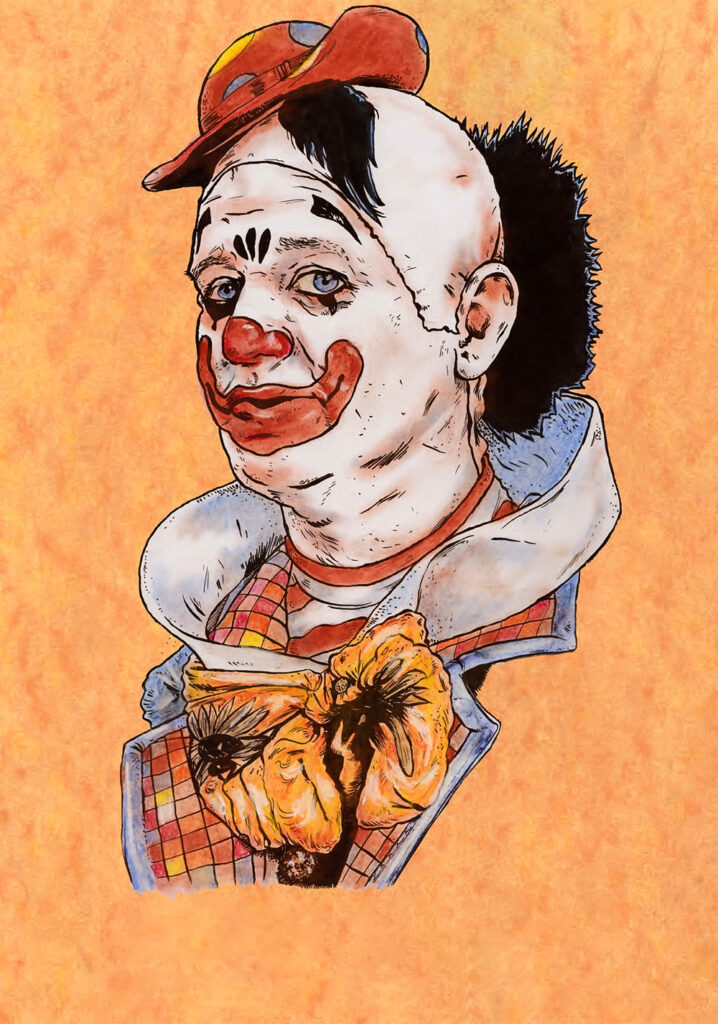
So the heist goes relatively simply and effectively. They steal $1 million and successfully escape getting caught by Jason Robards’s police chief. All our main characters have to do now is get out of New York City and catch their flight to freedom. That, however, proves to be the most challenging aspect of the plan. Quick Change turns into a New York City nightmare comedy, kind of in the vein of Martin Scorsese’s After Hours but not as dark. The script by Howard Franklin (who co-directed with Bill Murray based on a French Canadian film called Hold Up) is tight, which is nice to see for a comedy. There are some fundamental ideas behind Quick Change. It’s not just reliant on the talents of the A-list cast to buoy a mediocre script. The script is there.
Aside from Murray’s fun performance, the best thing about Quick Change is the supporting cast. It is one of the great casts of its time, in addition to the three principles. The cast includes Jason Robards, Tony Shalhoub, Stanley Tucci, Phil Hartman, Victor Argo, Kurtwood Smith, Bob Elliott, and Philip Bosco. It is a film filled with great faces, great small turns as different aspects of bizarro New York. Davis, in particular, is great. She and Bill Murray have great comedic chemistry, which is interesting because Davis did not have a good time making the film with Murray (who has a terrible reputation as a co-star). Davis also has plenty of scene-stealing turns where she also takes the comedic thunder from Murray. Randy Quaid is at his crazy best. Watching his character slowly lose his mind is one of the movie’s best parts. This might be my favorite character of his. Cousin Eddie in the Vacation movies is ridiculously excellent, but Quaid has a more difficult challenge to pull off in Quick Change.
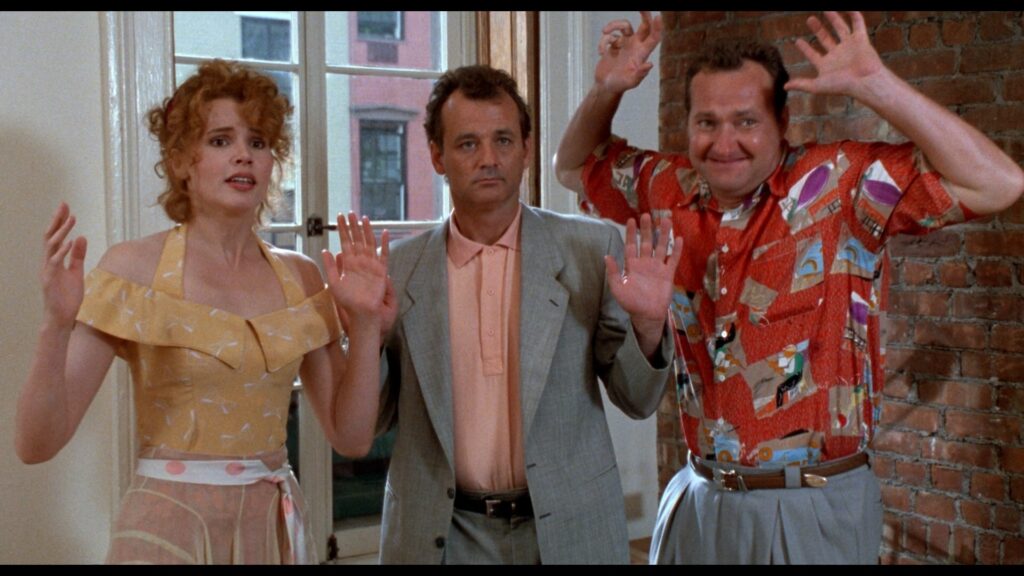
As I mentioned earlier, like Scorsese’s After Hours (another unsung film), Quick Change captures anxiety specific to New York City. The city is a significant character in the movie itself. Every character in the city the trio runs into is bizarre and memorable. It’s a movie for people who gleefully hate New York City. I love when they do that. It’s so well shot and acted. Some comedies try so hard that they’re punching down. The comedic attacks of this film are not on people in general but on New York City itself and being stuck in an unenjoyable life. No characters in the movie are presented as complete stereotypes, even Tony Shaloub’s memorable turn as a foreign cabby. There’s nothing in this film, thankfully, that’s like, oh my god, this has aged so poorly!
For Murray, mainly, Quick Change represents a change to more edgy material, away from the silliness of Caddyshack, Stripes, and Ghostbusters. People often say that Groundhog Day (1993) was Bill Murray’s turn toward a more dramatic affair, but Quick Change was the start. This is not Venkman Murray or Meatballs Murray. There might be more pathos in Groundhog Day, but Quick Change allowed Murray to flex his muscles as an actor. This led to Murray’s career redefinition in the late 90s with movies like Rushmore and in the early 2000s with films like Lost in Translation. Murray also made his debut behind the camera with a co-directing credit. I’m not sure what creative input was his, but overall the movie is well-directed.
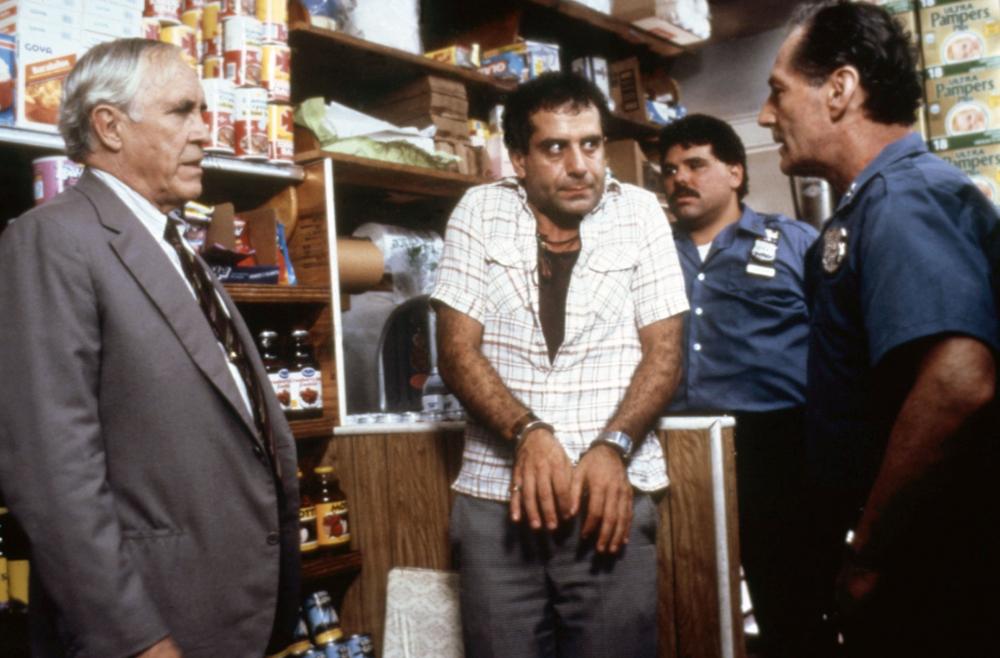
Comedy of errors is a tricky subgenre to balance because it can get tiresome quickly. At 89 minutes, Quick Change never wears out its welcome, and the pacing is perfect. The movie is unheralded, but I remember seeing it often play on television in the 90s and 2000s. I always enjoyed Quick Change, and years later, it is celebrated as a comedy cult classic, but still, it’s not recognized as much as it should be. It’s one of those escapist movies you can put on and just be captured by the world and the odd style this movie sets up. For those who like Bill Murray movies with a little bit of edge, Quick Change is a movie to watch. Shot well and was crafted beautifully. It’s not just some little comedy from 1990.
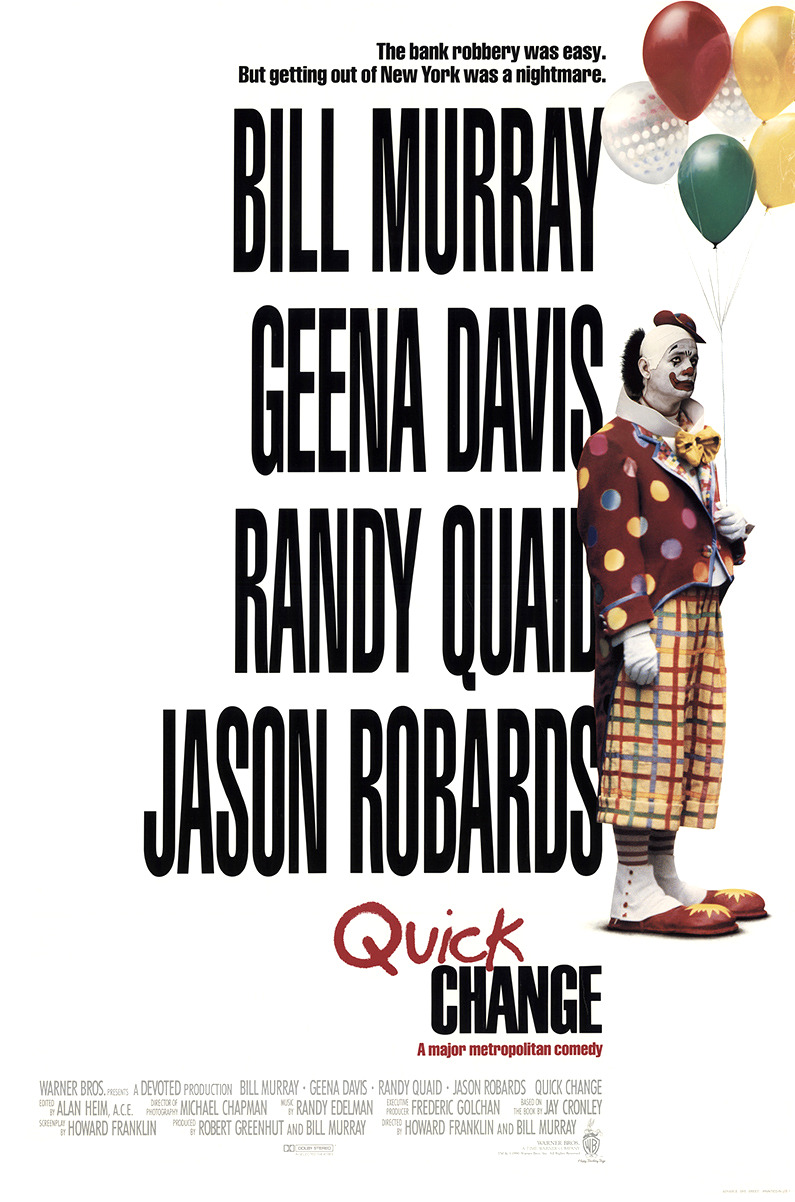
 Movie Finatics The Place for Movie Lovers
Movie Finatics The Place for Movie Lovers
